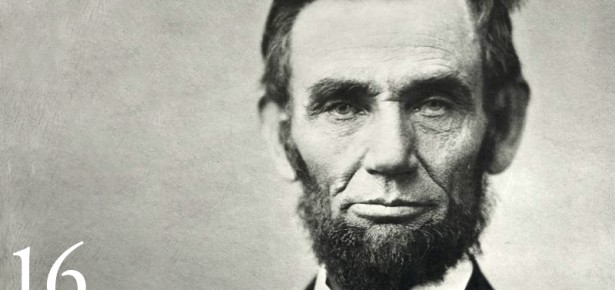
I am a philosopher, not a historian. Many people have asked me how I became interested in Lincoln and how I came to write a book about him.
Forty years ago, when I was a graduate student, I read Carl Sandburg’s six-volume biography of Lincoln that I had purchased on a lark in a used bookstore. I loved the book. I found Lincoln to be a very appealing and compelling figure. At that time, there was a widely held view that he was racist who didn’t care very much about slavery. I was in the grips of that view myself before reading Sandburg. I have been reading books about Lincoln ever since. But I had no intention of writing anything about him until much later.
David Herbert Donald’s biography of Lincoln discusses a class about Lincoln that he co-taught at Harvard with the very eminent philosopher John Rawls. Rawls was a great admirer of Lincoln. Twenty years ago, I read Donald’s book and fervently wished that I could have taken that class; I also wished that I could learn enough history to be able to teach such a class myself. About ten years later, I read Lincoln’s Virtues by William Lee Miller, a book about Lincoln’s ethics. It occurred to me that I could use that book to help teach my own class on this topic. Several years before the bicentennial of Lincoln’s birth, I decided that I wanted to teach this class that I’d been thinking about for so long. I didn’t plan to write anything or do much scholarly work on it; I just wanted to teach the class. I taught the class in 2008 and 2010 and enjoyed it so much that I became obsessed with the topic. In 2010 I was invited to give the Belgum Lectures at Saint Olaf College. The people at Saint Olaf encouraged me to speak on the topic Lincoln’s Ethics. Those lectures formed a detailed outline for most of my book.
I am very interested in the intersection of philosophy and history in part because most philosophers have very little to say about it. Most philosophers don’t know very much about history, so they often make up trite or absurd hypothetical examples to illustrate moral questions. There are many very interesting and important people and historical events that they could discuss instead. I had the perception that there was a chance for me to do something new. It is very surprising that no other philosopher has ever written a book about Lincoln’s ethics. He was a very interesting and complicated person. There is a strong case for saying that he was a very good person, maybe an exceptionally good person. His actions and policies before and during the Civil War raise many serious ethical issues.
In my book I try to address all of the serious moral criticisms that have been raised against Lincoln and I conclude that he holds up very well under close scrutiny. I summarize my conclusions in the last chapter of the book. Read an excerpt here.
Latest Comments
Have your say!